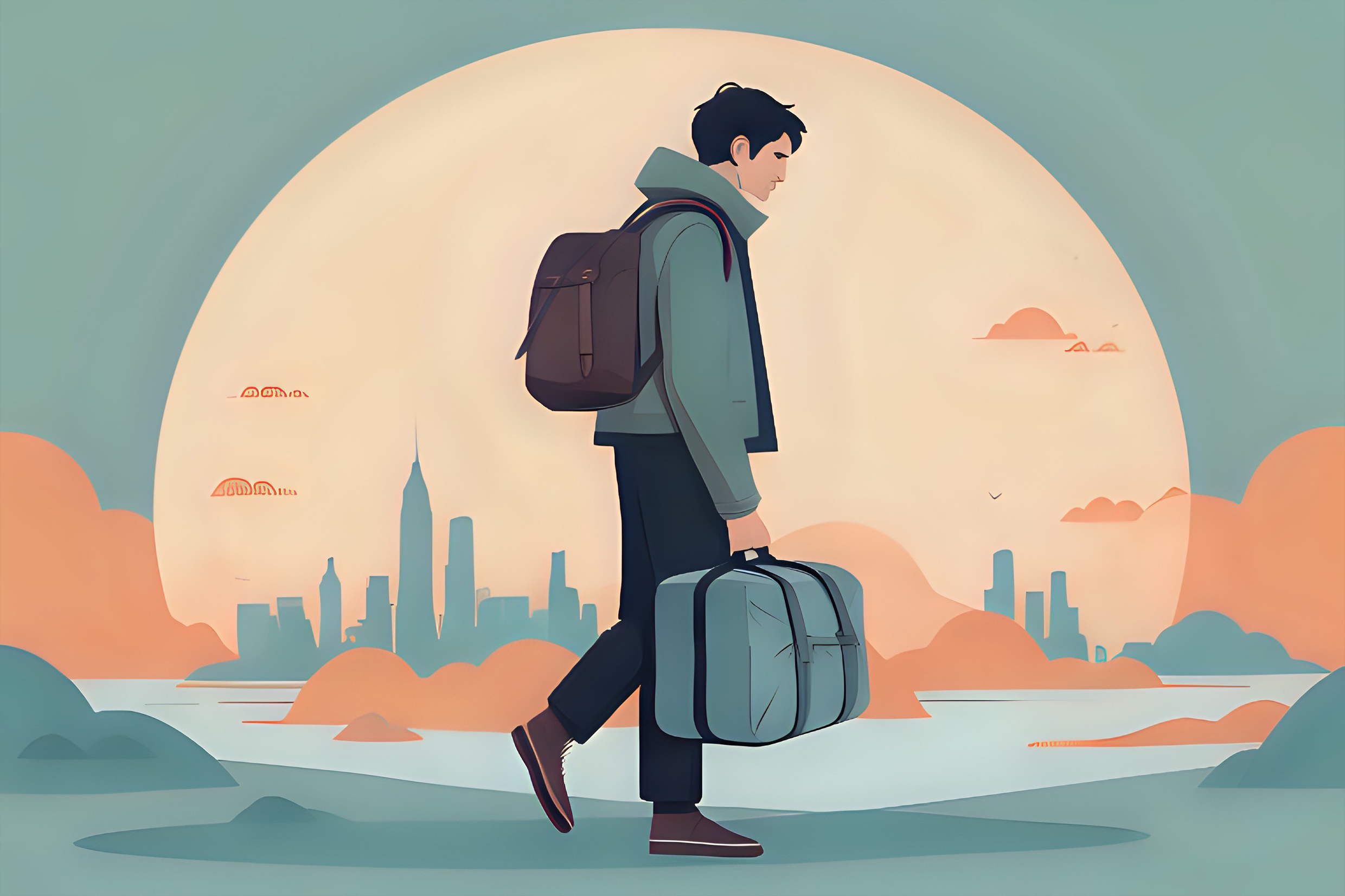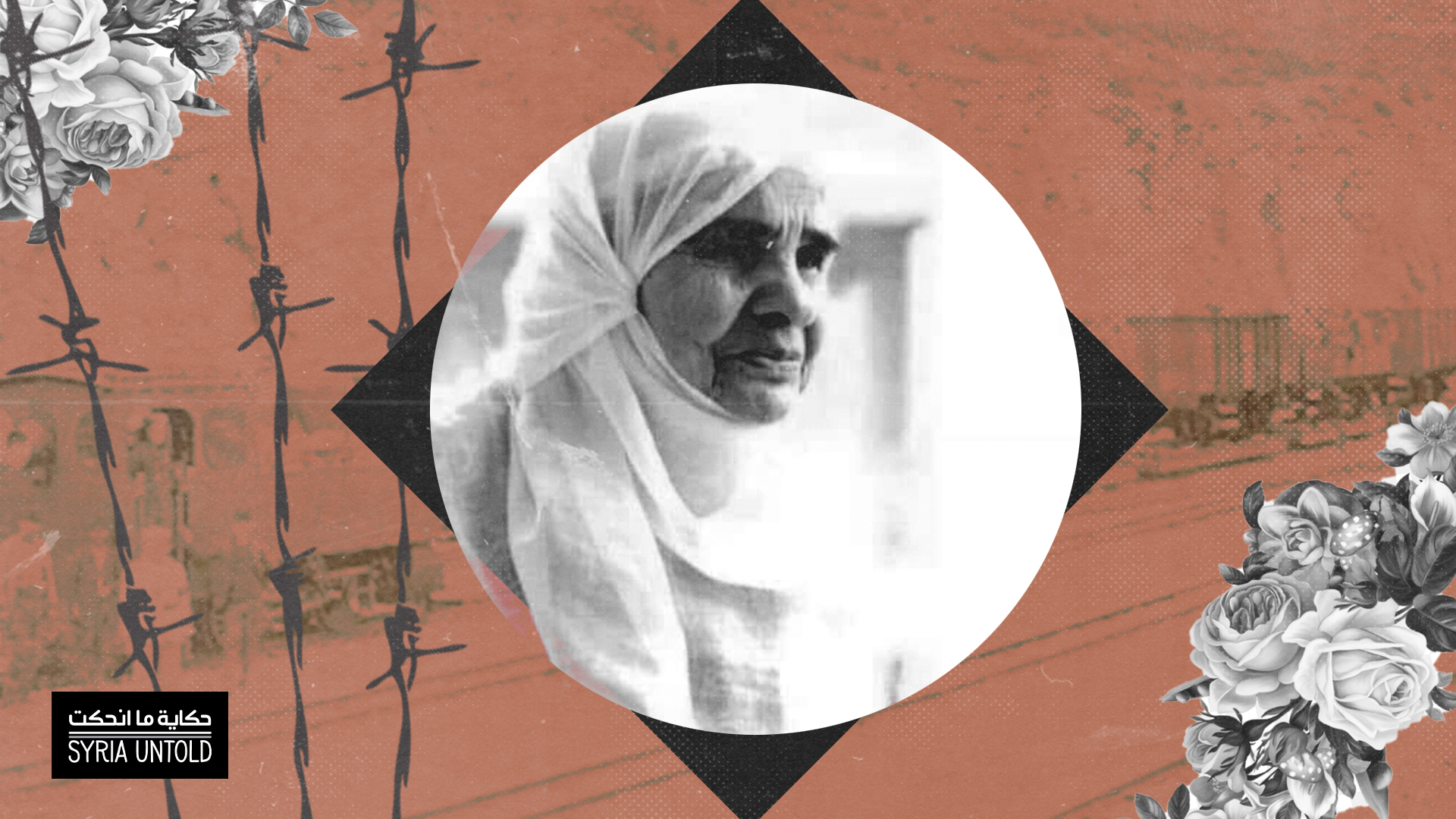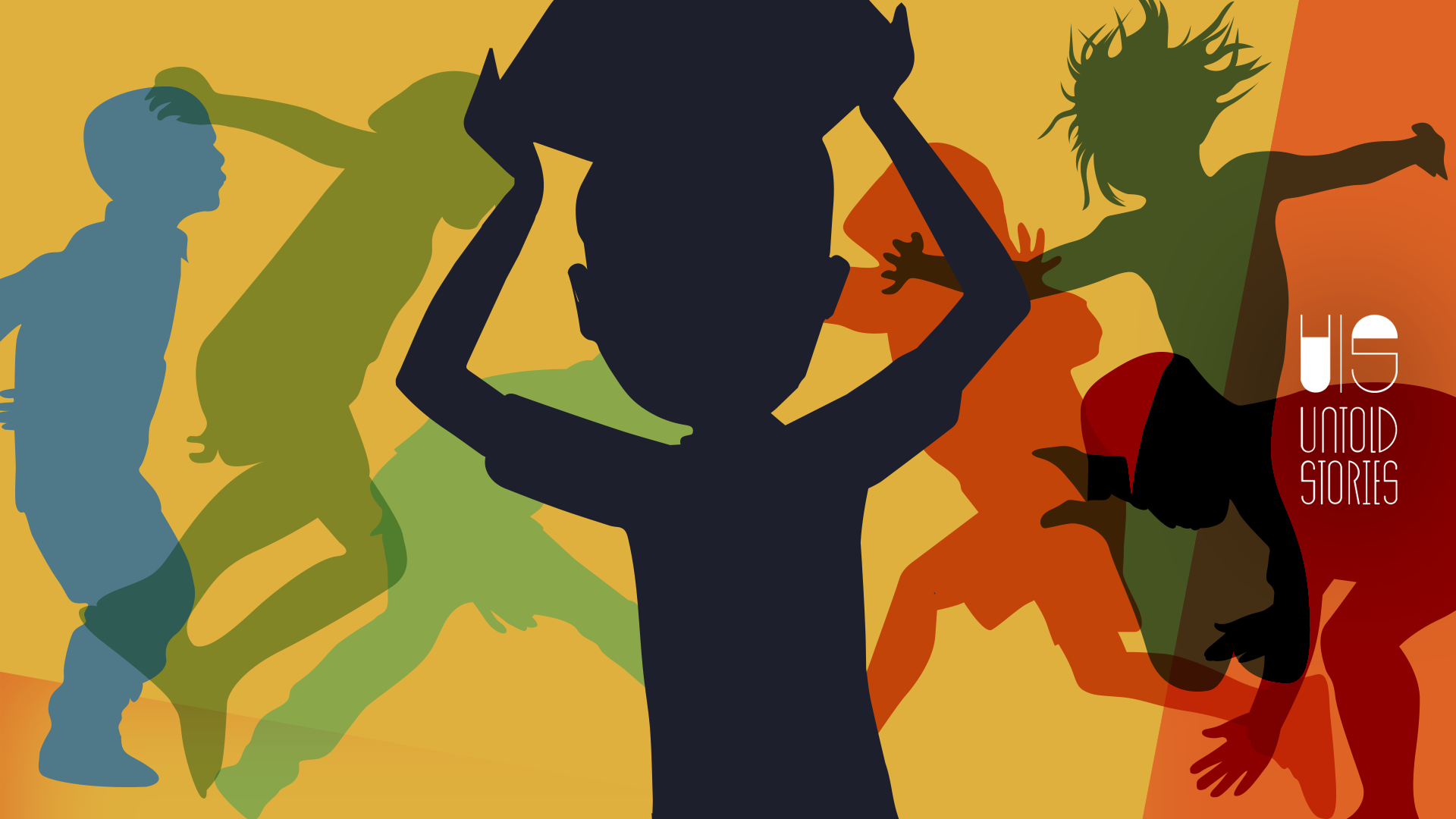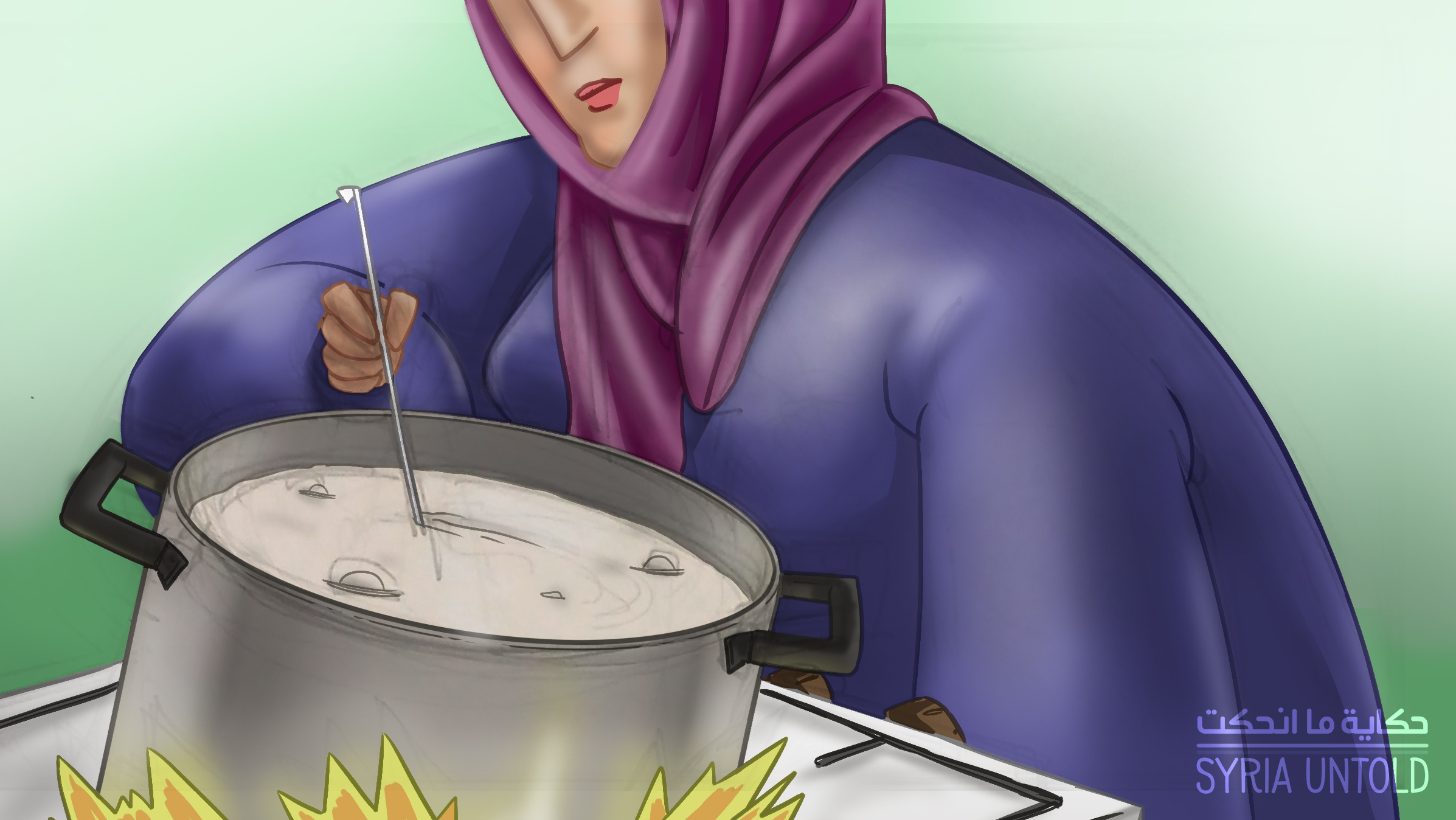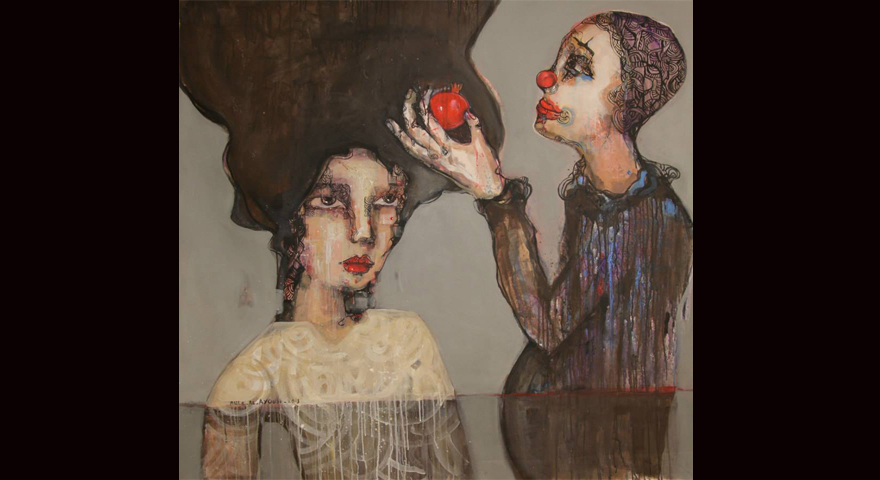“I walk lightly lest I fracture my fragility. I walk heavily lest I fly." - Mahmoud Darwish
The origin of things is their demise; everything ends in death, except in isolated systems, as physics teaches us: the energy value in a closed system remains constant.
The origin of things is their demise; everything ends in death: love, friendship, art, me, us —everything. One day the sun will explode, and nothing will matter anymore. All is destined for demise.
The origin of things is their demise; everything ends in death. This text is about death and the demise of things—the death of friends and loved ones, the loss of memories, and the end of love stories. Yet, it also touches on beginnings. Nothing ends if it hasn't begun, and beginnings are the most beautiful of things: "I want nothing from love but the beginning" and "In the beginning was the Word."
A friend sent me a voice message informing me of her daughter's birth after a difficult labor. Soraya came into this world in good health. After sending my congratulations, I held my phone and switched from the chat app to Facebook, where I was stunned by posts mourning Khaled Khalifa. At first, I couldn't believe it; I read more posts, with dozens of people mourning the man. Indeed, it appears he truly did pass away.
I'm overwhelmed with mixed emotions, unsure of how to feel. I walk into another room and inform my German partner, "Khaled Khalifa has passed away." "Who is he?" she asked. "A renowned Syrian novelist whom you met once when our daughter Mila was very young at a friend's birthday party. We had a brief conversation with him, and he even helped put on Mila's shoes. Here, look at his picture." I showed her his photo on my phone, and she remembered him. I shared how I had spoken extensively about him after interviewing him years ago and after reading his latest novel, "No One Prayed Over Their Bodies." Unsure of what to say, she simply stood and hugged me. At that moment, I couldn't tell if I was sad or what exactly I was feeling.
Here and There... The Departed and Those Remaining
03 May 2024
Although I never knew him personally, I had met him a few times at public events, read his books, and we liked each other's posts on social media. I conducted an interview with him, for which we spoke several times over the phone and communicated for a few weeks through chat apps. He seemed like a nice and humble man who loved his work. Although we didn't have a personal relationship, I heard various things about him—some good, some not so good. And that's all there was to it.
Fading
I am writing now and recalling a script I wrote for a short film that never materialized. A man stands alone in a bustling square in some city. The world spins relentlessly around him, yet he feels starkly alienated, not belonging to the square or the people within it. He does not feel part of the ongoing rush of life and people.
This man is composed of cubes or building blocks, perhaps remnants of his past life, memories of deceased friends, past relationships, or fragments of his former self. These pieces coalesce to form the figure of a man standing resolutely in the center of the square.
Standing in the square makes the man feel out of place, uncomfortable, unable to connect. He yearns to vanish. He is unsure where to go, not knowing if he desires to be elsewhere but certain he does not want to remain. Lacking the energy to effect change—in his life, his place, or the world around him—he nevertheless feels a profound desire to escape the crowded square.
After years of standing in that crowded square in a city that feels alien to him, years of resisting all forces of change, a piece of the man begins to fall away. That piece soars towards the distant sky, tossed by the wind and carried away until it vanishes from sight. A few months later, another piece detaches and flies away.
The man senses that this has happened before—pieces of him falling away, pieces that had once formed him. In the past, he managed to replace them with new pieces over time. However, this time, no new pieces form to replace those that are falling.
As days and months pass, more pieces gradually fall away and drift off, eventually disappearing altogether. The man slowly fades, piece by piece, while the world continues to revolve around him. Nothing changes in the world; it goes on in its eternal cycle. Meanwhile, somewhere, a man stands, fading piece by piece, unnoticed by those around him.
A man stands in a crowded square in a city. The world revolves around him relentlessly, yet he seems alienated to this place, this square, or these people.
A man fades in a crowded square in a city. The world revolves around him relentlessly, and he disappears as if he never existed. No one noticed his presence, and those who did soon forgot him after he faded, as if he had never been there at all.
The Train
I don't know why I recalled this scenario I wrote many years ago, or why this idea of fading and feeling alienated from this world, insists on controlling my thoughts? Does the memory of others' deaths compel me to reflect on life and belonging? Especially me, who escaped death at the last moment. As I write now, I think about those who are dying at this very moment in Gaza, in Idlib, and in Sudan. I think of the moments of death close to me.
Sultana’s story
10 July 2021
On May 5, 2023, while riding my bike, I was struck by a tram. I hadn’t noticed the traffic signal or the approaching train. I didn’t hear its sound or its bell; the only warning I had was a man’s scream from behind, urging me to stop. I remembered this scream five months after the accident.
The train hit me. I don’t recall many details. I remember placing my hands on the front glass of the train, and the moment I looked up and saw it barreling towards me—like a scene in a film, that second when you see the train before it hits something. I don’t recall the impact itself or how I fell to the ground. Did the train throw me several meters? I’m not sure. Fortunately, I fell beside the road, not on the tracks. The train didn’t stop until about ten meters further. It didn’t run over my body, nor did it cut off my arms or legs. I hit the ground and immediately, people came rushing to my aid.
One person held my head to prevent any movement that might cause internal bleeding. Another held my hands to keep me from touching my back, where the pain was most intense. I was screaming loudly, and she was trying to calm me down, while a third person came and held the hand that was trapped beneath my body. Together, all three prevented me from moving. Later, I learned that their actions likely saved me from possible paralysis had I moved incorrectly.
I was urgently taken to a nearby hospital. Hours later, my partner arrived to find me hooked up to various medical devices. The next day, they told me at the hospital that my survival was a miracle, considering the injuries I sustained. My spine had fractured in four places and shifted slightly from the pelvic bones. I had multiple bruises on my ribs and pelvis, but miraculously, I survived death, paralysis and the loss of a limb, and so on and so forth.
A nurse once suggested that four large angels must have stood between me and the train, sparing my life. The doctors informed me that breaking my spine caused major damage, but they considered my survival a miracle.
I spent seven weeks bedridden, completely immobli, losing all muscles in my body. I could no longer control any muscle in my back, abdomen, or chest. I walked slowly with the help of my partner or a friend, I couldn’t sit or stand. Every day, I swallowed thirteen pills and received an injection to ease the pain.
The days passed in this way: I slept a lot, watched movies, received friends. My house was never empty of visitors for two months. Hundreds of emails, phone calls and personal visits. I told myself, ‘This is my share of life, surrounded by good people’. I was overwhelmed with feelings of contentment.
Death/Life
That wasn't the only time I was close to death: I’ve faced security forces, a car accident, hunger, siege, rockets, shells, and snipers. However, it was the only time I was confined to bed with no real ability to move.
During my stay in the hospital and later at home, I reflected on my life's journey, reliving scenes from my past. I told myself: you've seen a lot—the beauty of natural landscapes and the harshness of disasters. You've traveled and lived in various countries and cities, meeting numerous people along the way. You've experienced different cultures, stayed up late, fallen in love, and been loved. You've passionately fallen in love. You’ve enjoyed concerts and sports events, slept on the streets of four cities, and endured life as a refugee, homeless and hungry. You've danced in the streets and walked barefoot across three continents. What fortunate luck you have in life!
I said to myself: you were involved in various revolutions, chanting alongside crowds in the streets and battling injustice with all your might. You learned new languages, visited museums, and immersed yourself in diverse arts. You were fortunate to have friends, lovers, and a life partner who enriched your life with vibrant colors, making it all the more fulfilling.
You've watched movies and plays, and made films yourself. You've read countless books, and written some. You published numerous texts, articles, and journalistic investigations, which have left a positive impact on some people. Your life has been rich, sweet, and challenging. Many people helped you, and you helped whoever you could. You never intentionally harmed anyone, and if it happened unintentionally, you would be burdened with anxiety that kept you from sleeping.
I was overwhelmed with a feeling I can't describe, and I promised myself if I lived for more years, the foundation of my life would be humility, contentment, gratitude, love, and freedom.
At some point, as I was lying on the asphalt of the street, surrounded by hundreds of people with the sounds of police, ambulances, and emergency vehicles filling the air, I saw a train beside me and strangers taking care of me, trying to prevent me from fainting. At that moment, I felt ready to let go. It was a profound sense of freedom unlike anything I had ever experienced. My mind was clear, free from fear. I was prepared to leave everything behind. In that instant, nothing seemed important—everything is destined to demise.
Back in the comfort of my bed, in my cozy home, I pondered on death. If it comes, I'll welcome it, though I would only be saddened not to see my daughter grow up. Yet, I find solace in the small community my partner and I have built around our family. I am confident that Mila will receive all the care she needs.
In my wallet, I carry an organ donation card. If I die, my organs will either help someone in need or contribute to scientific research. I've instructed my partner to cremate what remains and scatter the ashes in the Mediterranean—as I belong to those who perished in the sea while seeking a better life, fortunate that my luck in life was better than theirs.
This text took many months to write. I struggled to finish it initially, but here I am, publishing it on the first anniversary of my accident. My life is gradually returning to its usual rhythm. I still face limitations: I can't lift heavy objects, walk far, sit for long periods, or play with my daughter as I used to. Yet, I know everything is okay, and eventually, I will feel no pain during activities that are currently beyond my reach.
Someday I will die—it could be today, tomorrow, or decades from now—but inevitably, I will because the origin of things is their demise. While I don't believe in an afterlife, I am convinced that my life has been meaningful. I've lived it fully and am thankful for the fortune it brought me.



